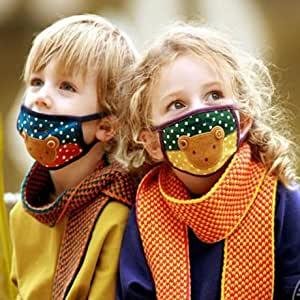Data shows masks lower contagion
Communities with no mask mandates have higher contagion rates
Communities requiring masks continue to show a lower covd-19 spread than those that don't.
Department of Health and Environmental Control updated data indicates:
Nearly 40% of …
This item is available in full to subscribers.
Subscribe to continue reading. Already a subscriber? Sign in
Get 50% of all subscriptions for a limited time. Subscribe today.
Please log in to continueNeed an account?
|
Data shows masks lower contagion
Communities with no mask mandates have higher contagion rates
Communities requiring masks continue to show a lower covd-19 spread than those that don't.
Department of Health and Environmental Control updated data indicates:
- Nearly 40% of residents - about 2,000,000 South Carolinians, live where masks are required.
- Communities with requirements have a 44.2% greater decrease in cases 4 to 5 weeks after the requirements began.
This is an overall decrease of 99.2 cases per 100,000 people from before to after the requirements. - Communities without mask requirements have an increase in cases of 1.2% compared to those with mask requirements.
Dr. Brannon Traxler of the Department of Health and Environmental Control said wearing a mask every day in public is critical.
"Not all face coverings provide the same protection.
"A recent study by Duke University shows that neck gaiters may be among the least effective types of face coverings for preventing the spread of respiratory droplets.”
Neck gaiters are circular fabric tubes designed to be worn around the neck and pulled up over the mouth and nose.
The Duke study observed a high respiratory droplet count that passed through tested neck gaiters.
The effectiveness of neck gaiters can depend on the quality of material they’re made from.
“A close-fitting face mask can be made from common household fabrics and can be effective in preventing spread of the virus while also providing comfort and breathability,” Traxler said.
“We should regularly wash our reusable masks and properly dispose of temporary-use masks when they begin to show signs of wear.”
While surgical grade N95 respirators provide the highest level of protection against the COVID-19, a close-fitting cloth mask made of cotton, polyester, polypropylene or cellulose can provide the best protection and the most breathability.
Additionally, the Centers for Disease Control and Prevention does not recommend masks that have an exhalation valve or vent.
Learn more about face masks and see a video for making one at home at scdhec.gov/COVID19.
Keywords
masks, contagion, DHECOther items that may interest you







Comments
No comments on this item Please log in to comment by clicking here